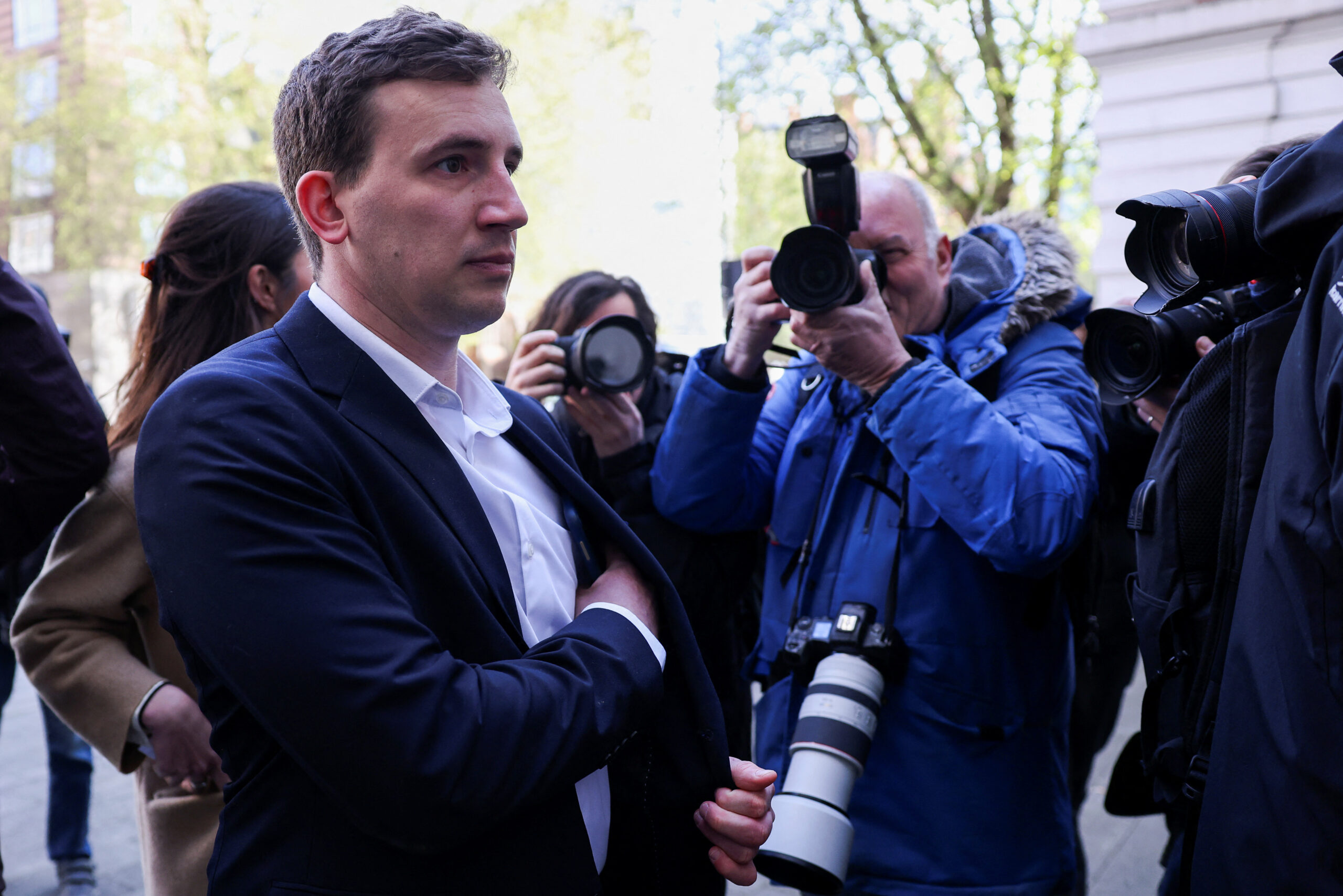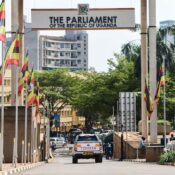
In London court, two men are accused of being Chinese spies
In a London courtroom, two men—one of whom was a former researcher for a well-known British Member of Parliament in the ruling Conservative Party—were charged with spying for China.
Former researchers Christopher Cash, 29, and Christopher Berry, 32, are accused of violating the Official Secrets Act by giving China damaging material.
Cash and Berry showed up for a brief hearing on Friday at Westminster Magistrates’ Court in London, where they just exchanged names and addresses.
They stayed out of the plea.
Both were set free on bond pending a May 10 hearing at the Old Bailey court in London.
Chief Magistrate Paul Goldspring instructed Cash to communicate solely with his local representative and to avoid contacting any MPs on matters pertaining to the local area.
He was instructed not to speak with any other members of the legislative staff.
Concern over China’s purported espionage activities, which Beijing has consistently refuted, has grown throughout Europe, and in recent months, Britain has become more outspoken in its fears.
Reported claims of Chinese espionage in Europe, according to Chinese Foreign Ministry spokeswoman Wang Wenbin, were “hype” and “intended to discredit and suppress China” on Tuesday.
Cash was detained in September for spying while employed as a research assistant in parliament for Conservative member of parliament Alicia Kearns, who chairs the Foreign Affairs Committee. This information was revealed by the Sunday Times newspaper.
Without revealing their client’s identity, the jailed man’s attorney at the time released a statement refuting the claims of spying.
Early in 2023, legislative records mentioned a Christopher Cash as being employed by Kearns.
Prime Minister Rishi Sunak called China, along with North Korea, Iran, and Russia, a member of a “axis of authoritarian states” during a speech this week in Warsaw.
“Chinese state-affiliated actors have conducted malicious cyber campaigns against British MPs (members of parliament).”
The Chinese Embassy’s charge d’affaires was called by the British government in March after it was claimed that hackers with Chinese state support had taken information from the country’s elections body and were spying on lawmakers.
China referred to those claims as “completely fabricated” and refuted them.
The government also announced in September that, as part of an increasingly complex surveillance operation to obtain access to secrets, Chinese spies were allegedly targeting British leaders in high-profile positions in industry, politics, and defense.
All Categories
Recent Posts
Tags
+13162306000
zoneyetu@yahoo.com



